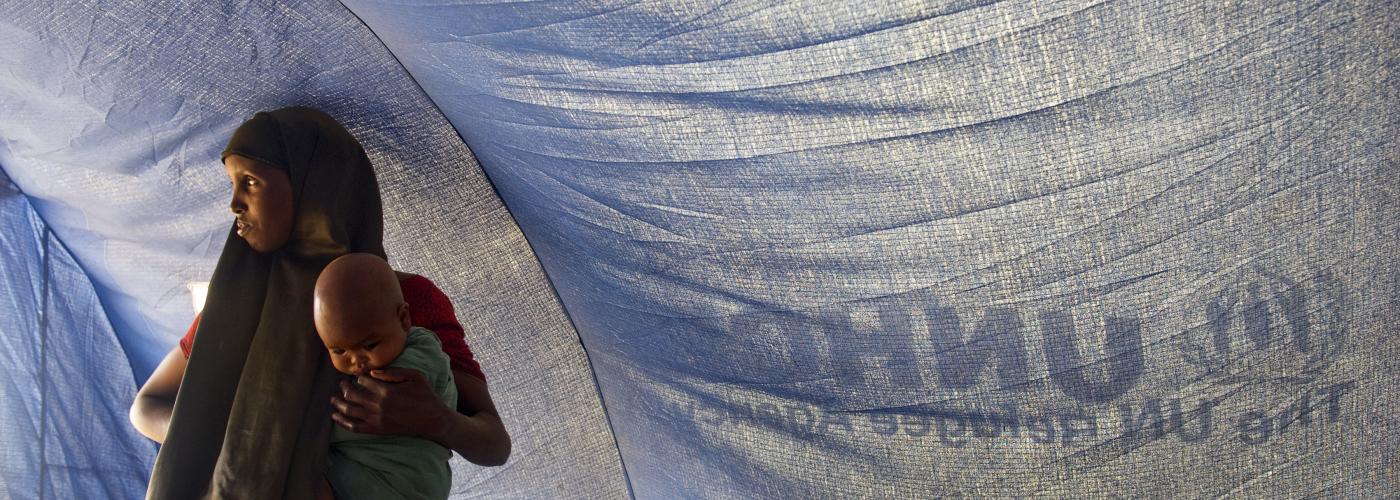General information
Title
OS3 - Promoting decent work in Southern Africa (South Africa, Zimbabwe and Mozambique)
ID
XM-DAC-2-10-8061
CRS ID
2022008061
Start date
End date
Activity status
Implementation
Budget
€3.795.937
Actor
NGO FOS Socialistische Solidariteit : Fonds voor Ontwikkelingssamenwerking - FOSco
Sector
Social Infrastructure - Labour Rights
Policy markers
Gender 1
Environment 1
Good Governance 1
Climate: Mitigation 1
RMNCH: Reproductive, Maternal, Newborn and Child Health 2
Aid type
Core support to NGOs, other private bodies, PPPs and research institutes
Fragile state
No
Least developed country
No
Budgetline
54 20 356072 NGO Programs
Finance type
GRANT
Tied status
No
Flow type
ODA
Body
General
In South Africa, Mozambique and Zimbabwe, targeted authorities and actors are mobilised around the need for decent work, social protection and recognition of health rights, while respecting gender equality and environment, thanks to the strengthening of capacities of partner organisations (trade unions, farmers organisations, networks, LGBTQI+ organisations and NGO’s) and their target groups in terms of organization, mutual cooperation, political advocacy and social dialogue. The outcome is linked to pillar 2 (labour rights) and pillar 3 (social protection) of the decent work agenda according to the ILO definition.
For pillar 2, the intervention strategy focuses on two themes: flexibilisation and casualisation of labour and gender equality in the workplace. Both themes are looked at from partner organisations’ viewpoint and their target groups in the domestic workers, agricultural and light industrial sectors. The programme aims to strengthen the partner organisations and their target groups in their mobilising and advocacy capacities, to relevant authorities and actors.
The intervention for pillar 3 focuses on contributing to stronger health models and strengthening sexual and reproductive health and rights (SRHR). The partners and their target groups identified the following problems: lack of primary care, quality in care (including patient care), citizen participation in health, preventive health approach and attention for social determinants of health (such as food security) within health care policies. For SRHR: violence against women and access to SRHR for vulnerable groups as young women, LGBTI and sex workers.
The programme aims to strengthen the partner organisations and their target groups in their (sexual and reproductive) health promotion and in policy influencing towards the public health institutions. A vital strategy is the capacity building of health activists, monitoring of health care services and participation in health (advise) committees.
FOS Southern Africa and its partners decided to adopt a higher degree of focus on gender in the region. A Gender Focal Point, a partner with specific focus and knowledge on gender appointed in each country, will support the other partners in their respective countries on gender-specific work. The 3 Gender Focal Points will also facilitate the formation of a regional network to intensify the provision of gender-related support


